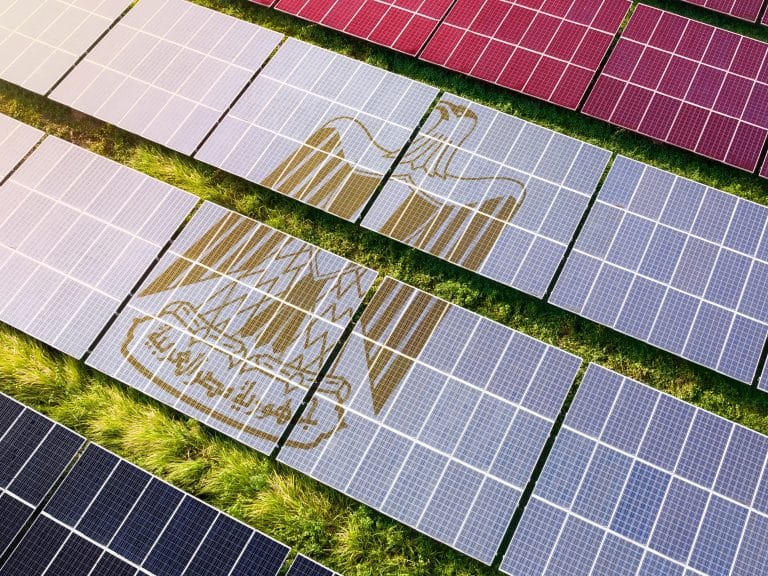Generation

Egypt Launches First Private-to-Private Electricity Contracts

Egypt has taken a notable step towards liberalising its energy market with the approval of its first private-to-private (P2P) electricity contracts, news agency Zawya reported.
Through a new pilot scheme, developed with technical assistance from the European Bank for Reconstruction and Development (EBRD), four renewable energy projects totalling 400 MW have been authorised to sell electricity directly to industrial consumers.
This pilot follows the introduction of P2P regulations, jointly developed by the EBRD and the Egyptian Electric Utility and Consumer Protection Regulatory Agency (EgyptERA), which were approved last year. These regulations enable private electricity producers to supply power directly to consumers via the national grid, marking a significant shift from Egypt’s traditional single-buyer model.
The four projects approved under this scheme are: KarmSolar, constructing a 100 MW solar plant to supply Suez Steel; AMEA Power, building a 100 MW solar facility for BEFAR Group and the Suez Canal Container Terminal; TAQA PV, installing a 100 MW hybrid solar and wind system to power Ezz Steel; and Enara, developing a 100 MW hybrid plant for El Alamein Silicone Products Company and Helwan Fertilisers.
According to Zawya’s report, the introduction of P2P rules represents a key milestone in implementing the 2015 Electricity Law, which set Egypt on a path towards a competitive and liberalised electricity market. By allowing private generators to contract directly with consumers, the new framework encourages competition, expands consumer choice, and unlocks fresh investment opportunities in renewable energy.
This approach is also viewed as a practical means of expanding electricity generation without depending on state-funded contracts. All electricity supplied under these agreements will be produced and financed by the private sector, easing fiscal pressures and accelerating Egypt’s transition to green energy.
“This milestone demonstrates how an effective regulatory framework can unlock private investment and advance the energy transition,” said Mark Davis, EBRD Managing Director for the Southern and Eastern Mediterranean region.
“By allowing companies to procure green electricity directly from producers, Egypt is creating new opportunities for industry and boosting competitiveness. We are proud to have supported EgyptERA in designing this pioneering scheme and will continue collaborating as projects move towards implementation.”
Mohamed Mousa Omran, Chairperson of EgyptERA, also welcomed the development: “This pilot marks an important step towards a more competitive electricity market in Egypt. By enabling direct agreements between producers and consumers, we are opening space for the private sector to play a larger role in meeting the growing demand for clean energy. This is vital to accelerating renewable deployment at scale and achieving our long-term energy goals.”
The EBRD’s support for EgyptERA was funded by the Swiss State Secretariat for Economic Affairs (SECO), a longstanding partner in the Bank’s policy engagement across the region. This initiative forms part of the EBRD’s Renewable Energy Programme, which currently supports 16 countries in developing market-based frameworks to attract private investment in clean energy.
To date, the programme has helped secure over 8,500 MW of renewable energy capacity across eight countries, reinforcing the EBRD’s role as a key enabler of the global energy transition.












